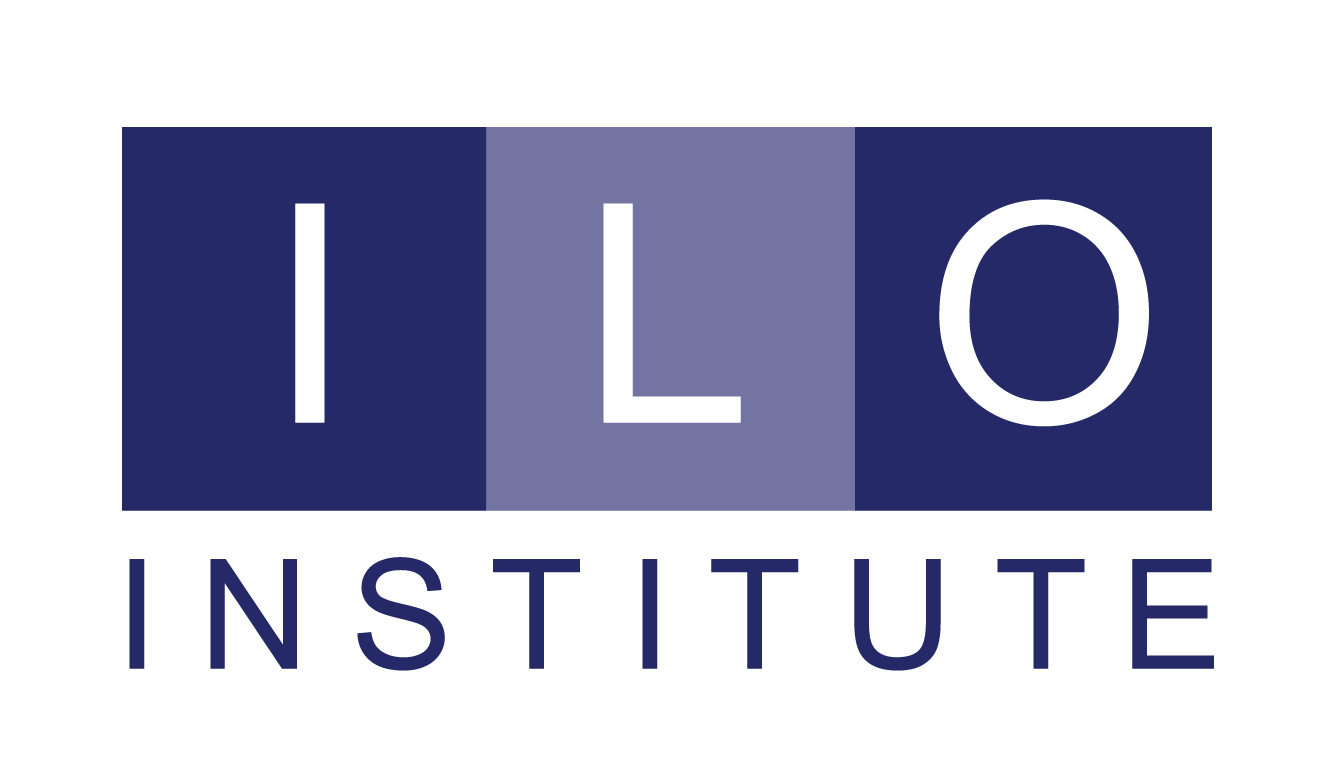Data Customers and Data Donors
Data privacy issues are becoming more and more important for the roll-out of new internal knowledge-gathering tools – and slowing the launch and deployment of genuinely valuable new platforms from Microsoft, Google and others who see such wide swaths of workers’ activities across their productivity platforms. For example, they already know the answer to a question like this: “What’s the difference in frequency of communication with prospects between the top third of our salesforce, and the lower third?” (The answer is not that the top players communicate more.) Yet they are slow-walking the implementation of back-end analytics like this specifically because of privacy worries among the workforce at client organizations.
One powerful approach to overcoming this challenge is to turn data “donors” in the workplace into data consumers. Companies like Bank of America and Rabobank in the Netherlands that have made gains in staff satisfaction and retention based on using new digital platforms to collect more data about at-work behavior are learning to address privacy concerns by leaning on these three best practices:
- Create reports for all employees that feed back some of the data collected. That helps colleagues at all levels see the value of workplace data, and lowers privacy concerns.
- Allow individual users to set privacy levels for the devices that feed into data collection, whether that’s their desktops or their smartphones. It’s OK to set a narrow range of parameters for privacy settings – people appreciate the very act of controlling the choice as much or more as the specific level of privacy they choose.
- Encourage annotation: Give individuals the chance to add subjective data to the programs they’re participating in. If sensors monitor use of a conference room, let individuals rate the qualities of the room personally – that generates more data, and also helps individuals feel empowered and important in the process.
Paying attention to supporting workers as broadly as possible helps. Siemens, for example, received special recognition from EU-OSHA, the European Agency for Health and Safety at Work, after extensive planning in its BeNeLux operations for using data flowing from digital work platforms to help make staff more aware of personal support services the company provides.
